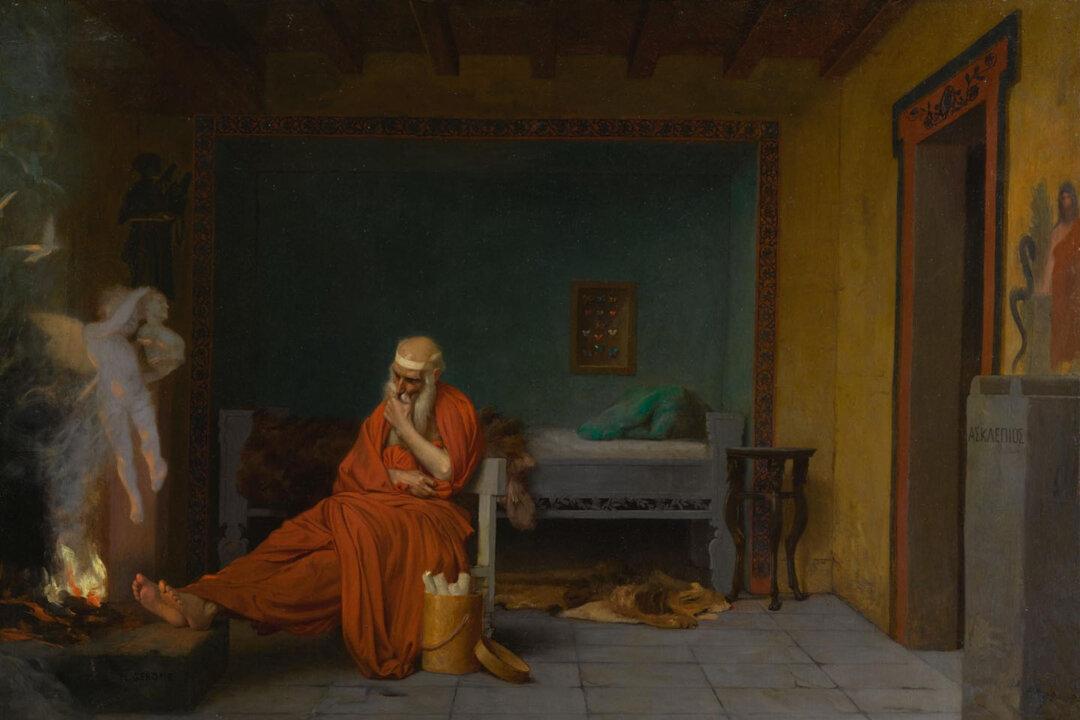Great damage has been done by a false perception of poetry as something elitist, inaccessible, academic, and esoteric. Poetry is for everyone, for the so-called “common man,” not the scholar. Poetry is a magnifying glass through which we view the grass beneath our feet and a telescope through which we view the stars above our heads. Poetry sharpens the vision so we can penetrate to the wonder of the real, which we are often blind to.
As literature professor John Senior is cited in “John Senior and the Restoration of Realism” by Fr. Bethel, “The poet is the man who says ‘Look! Look! You never saw that before.’ And if you follow him, you will see much more than you would have seen by yourself. In doing so, you have enlarged your capacity to experience the world, which is another way of saying to live.”






